Family dynamics and doctors' emotions drive useless end-of-life care, says study
Medical Xpress
JANUARY 18, 2023
Researchers from Rutgers and other universities have developed a behavioral model that explains a long-standing health care mystery: Why do so many terminally ill patients undergo intense last-ditch treatments with little chance of meaningful life extension?

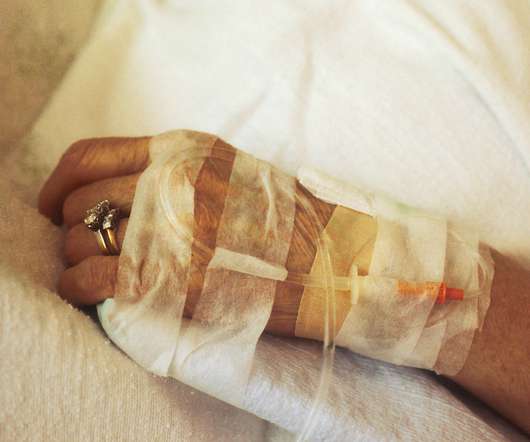

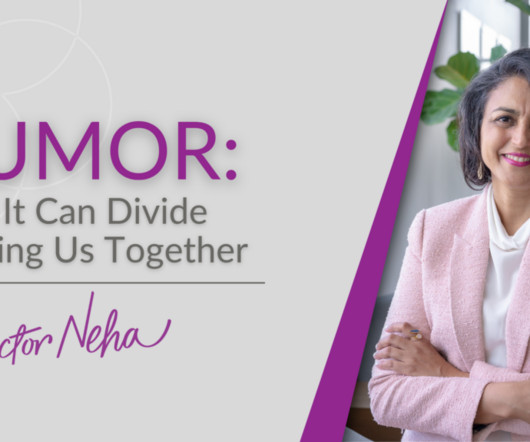

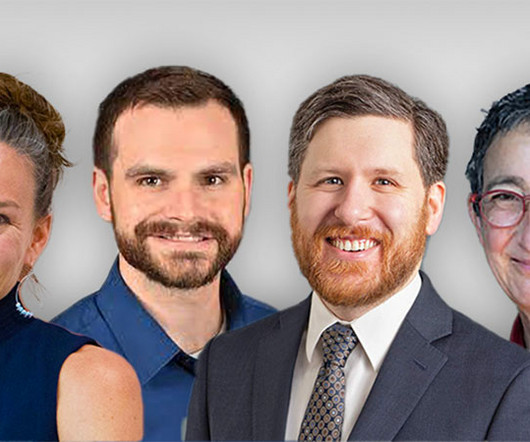
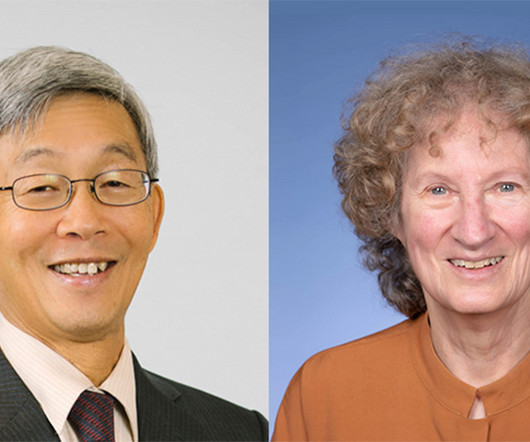
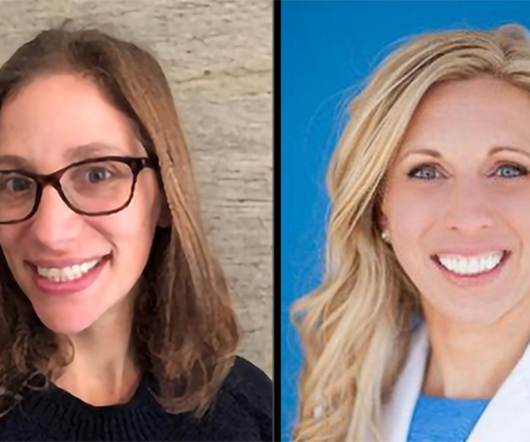








Let's personalize your content